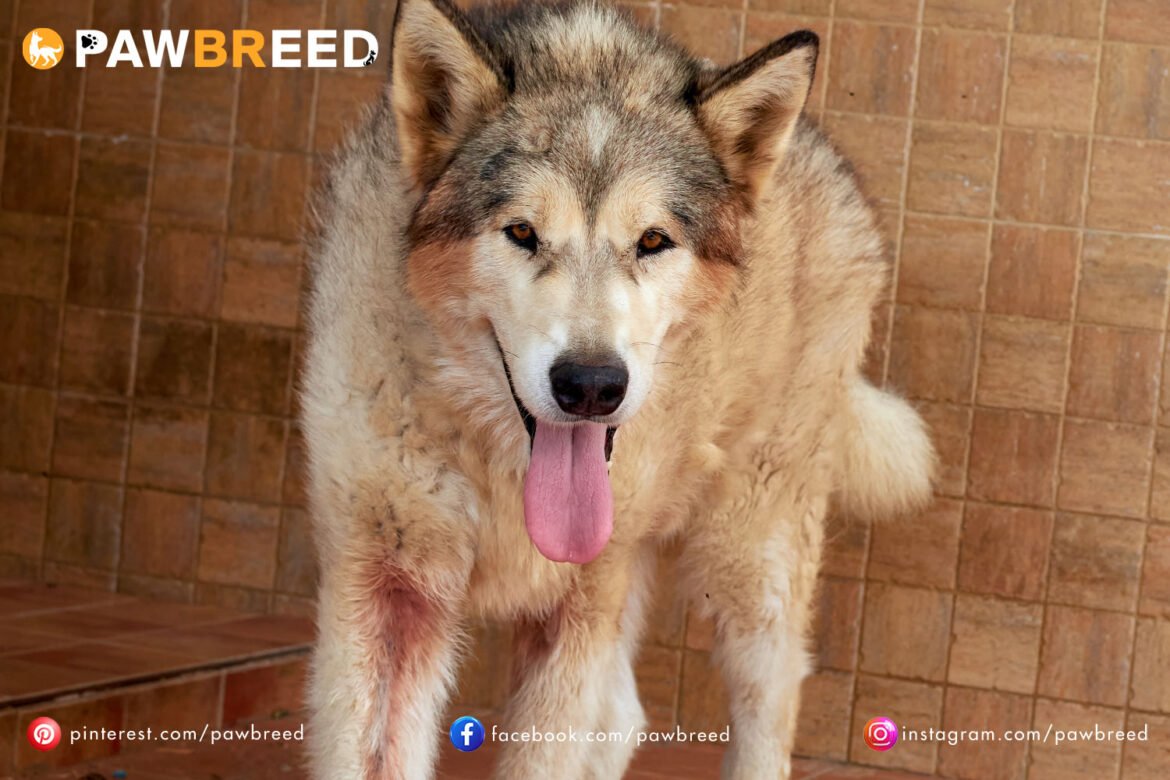Siberian Huskies: Smart and Intelligent Breed
In order to facilitate the transportation of goods and sleds, the Chukchi people of Siberia domesticated Siberian Huskies. This is a really bright breed. It learns new things or obeys directions with ease. It is completely trainable.
Using treats as positive reinforcement will help you gain their respect and trust. They will become much more defiant if you penalize them.
How to Potty Train a Siberian Husky?
If you’re planning to adopt a Siberian Husky puppy or have already done so, potty training him should be your top priority. A good training program is another something you should develop.
You can use the following schedule to potty train your dog at any age, not just a puppy. You can successfully toilet train your dog by following these steps:
1. Potty Train Schedule
The life of puppies revolves around eating, playing, sleeping and pooping. Firstly, you need to observe your dog’s routine so you can design a proper schedule in accordance with his natural routine.
The one thing that is constant among puppies is that after eating or drinking, within 20 minutes, they need to pee or poop. After playing or waking up, they need to pee or poop. So, when you see them doing one of those things, take them outside where you placed their litter.
Furthermore, there is one thing about dogs: they can control their pee in hours according to their age and size. Your puppy can control his pee for about 3 or more hours if he is 2 months old, but sometimes, they can also pee earlier than this, so you need to be prepared about this.

2. Feeding Schedule
After observing his daily routine, if you know your dog will likely potty 15 or 20 minutes after eating, then create a proper feeding schedule for him and divide his diet into 3 to 4 times a day. In this way, you can expect at what time your Siberian Husky puppy will most likely pee or poop.
3. Fixed Litter Area
When you think your dog is about to poop, take them straight to the area you fixed for your dog to pee or poop. This way, your dog will get the idea of where he needs to go if he has to pee or poop; also, if your dog runs away, put him on a leash until he poops.
After your dog is done pooping, give him praise and a treat so you can encourage him, then remove his leash and take him inside so he can understand the purpose of being outside is to poop. If your dog does not understand the purpose of being outside, try putting some of his waste in that area so he can understand what this area is for.
When you take him outside, use a command word like pee or poop so every time you say that word, he will know what you want him to do.
4. Signs before Pooping
When a puppy starts sniffing, circling, or scratching, know that your puppy is about to poop or pee. If you see him doing these things, immediately take him outside to his litter area so he can not soil your house. Please don’t wait for him to go outside by himself.
5. Overnight Pooping Situation
During nighttime, before sleeping, take him outside until he pees or poops. The time at which the dog usually wakes up is around 3 to 3 30 A.M; you need to get up at least once and take him outside to his litter area; once the puppy pee or poops, bring in inside.
House-Soiling Incidents
The first few weeks following a baby’s birth or adoption are the most common times for accidents involving the house. Do not chastise your dog or yell at him as if the mishap were the only consequence of his bad behavior. If you want him to learn where to go potty next time, you should take him outdoors to his designated litter box and let him sniff about.
Before you apply a poop-cleaning solution, make sure the area is as dry as possible with paper towels. Then, let it sit for approximately 10 minutes to soak up the solution. To prevent your dog from returning to the same elimination site, spritz the area with apple cider vinegar or another deodorant.

Final Words
If your dog has recently been adopted, is a stray, or comes from an untrained household, it is likely to foul the house. If your dog isn’t listening when you’re training him, try using positive reinforcement instead of punishment or yelling.
Being persistent and patient is key while potty training your dog, as stubbornness is a part of a dog’s character. Your dog will also be potty trained in due course; after all, everything takes time.

